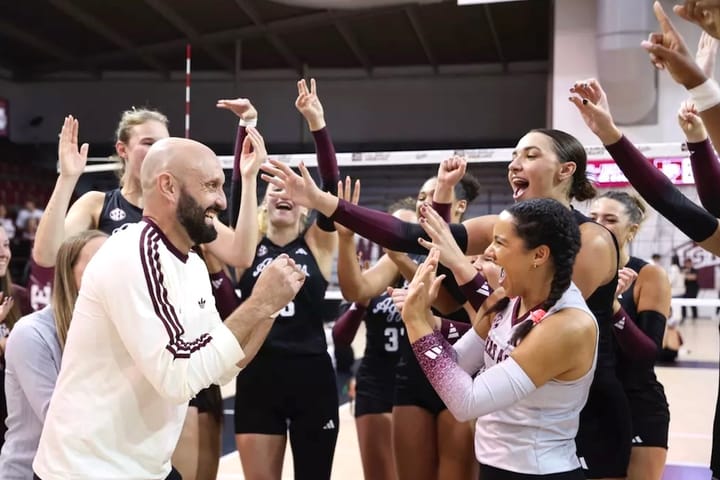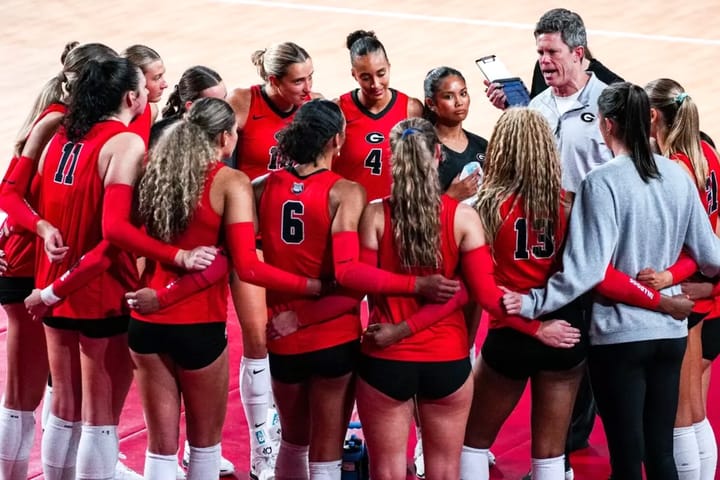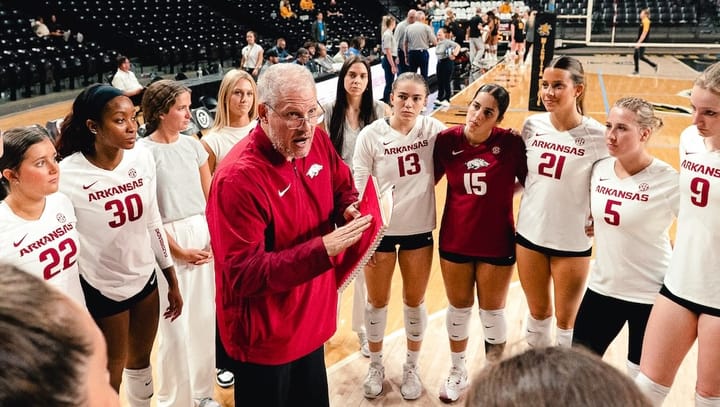65. John Dunning: My team is a reflection of me.
In this Masterclass we feature John Dunning. John is one of only two Division I college volleyball coaches to have won NCAA championships at two different schools. And has guided his teams to 5 NCAA championships.
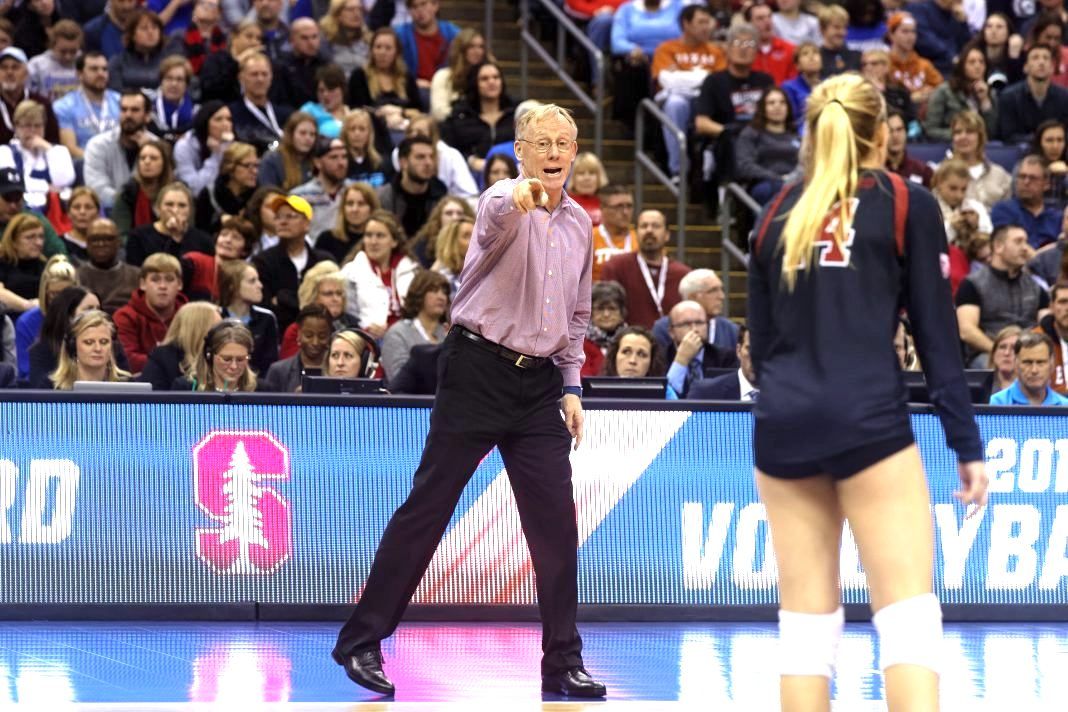
This is part 2 of our Masterclass with John Dunning. Last week we featured part 1.
In this Masterclass John talks about:
- John's concept of continuous improvement
- Why we need to improve the 3 weakest skills in US volleyball
- Which are the 5 most important player characteristics
- The number one thing John excelled in and helped remove other coaching weaknesses
- Why thinking you know it all is an expensive mistake to make
- and so much more, ...
There are 14 video clips in the Masterclass with over 30 minutes of answers by Coach Dunning.
Before we get this started a last and big thanks to coach Dunning for his availability.
Enter John.
When preparing a new game (next weekend), how does your general approach look like and did you ever change your approach? Why did you change and was the outcome beneficial?
In the States college volleyball seasons are maybe four months long. That's from starting practice to end of play, before the playoffs.
If you're one of the better teams, you're going to play a little longer. Let's say it's 16 weeks long. Four months. Something like that.
My number one goal in my mind and when I talked to my staff was that if we can really accomplish the goal of improving every week, we will be better than almost everybody we play. Because it's almost impossible to do.
No matter what happens. Injuries. Games. Whatever the thing that might cause it to get off track. Because they will happen.
But you still have to find a way to get better every week. Or someone else caught up with you. Because they got better that week.
So we tried to be the team that even through the playoffs, even through that last week, we were getting better. In whatever way we could.
That's really, really hard.
But one of the things that interferes is preparing for opponents. If you prepare for an opponent, you're raising your IQ. You're learning more about the game. That's for sure.
But if all you do for a week is prepare for an opponent or opponents for the weekend, well you don't continue the process. When you're working on things in practice, you also have things you have to practice for that opponent.
You also have things you have to cycle through your practices. Because if you don't do it once a week, you get worse at it. It's not ingrained yet. You have too many new people. You don't know the system well enough. Your connection with your offense isn't there yet. There are things that, you've got to practice.
If you get distracted with just game preparation and drop those. You're not going to get better that week. We were very careful to say:
Our process is: we're going to prepare for this team. But the more important thing. Almost every week. Not every week, because some games are way more important than others. Is to get better this week.
And what are we doing to make sure we did?
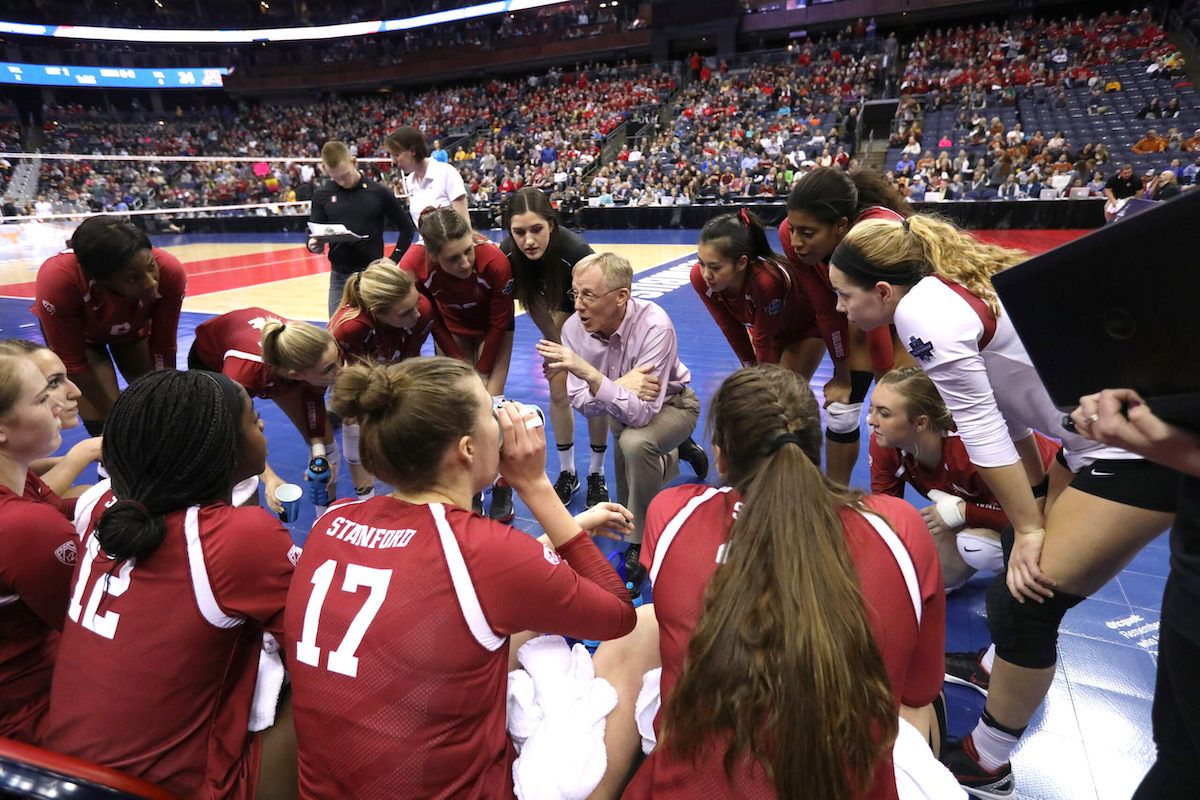
So we have to have weekly staff meetings. Where we're talking about: what just happened. What's coming up next. What do we do to get better this week? And what do we do to get ready for our opponents.
The next thing is, how we study the game. I grew and changed over the years. Most of my career coaches did the bulk of this job. They watched video constantly. They prepared scouting reports, hours was put into all that stuff. Think of football. I hear stories about football. About the ridiculous hours that everybody puts in to prepare.
Only...the athletes don't.
So what I decided to do is change the process. And do everything I could to have a process that engaged the athletes in their preparations. We got smart people. They all have phones and computers. They can sit in class, if they want to; or sit at lunch on their phone and study the opponent. They can do it whenever they want to.
Not that I wanted them to do it instead of paying attention in class. But they can choose to do it how they would want. And that's the life they want. They want to make that choice. If the choice is, I am (the coach) going to do it. They're not making that choice. They are not making a full commitment to learn this opponent.
And they won't learn it as well, if I tell them. As they would if they saw it and made the decision themselves.
It could be a middle blocker group got together. Or they did it on their own. Or the seniors got together and the juniors.
We came up with different ways for them that week to study the game. But by a certain time, every kid had to send in their game plan for their position. Cause it's different for each person. Then what my staff would do, we all had jobs divided. They gave me information that they thought was important for what part of the game they paid attention to.
We usually had someone who's in charge of our offense. They had to study the other team's defense. Who's in charge of the other team's offense, because they were in charge of our defense. The 'serve receive' serving game and so on.
I had my general overview of what I looked at, and they would all have a timeline, they had to give it to me by.
I would put the game plan together.
Most of the game plan was what the athletes said. So that they would know I read it. I paid attention. That I thought it was important.
And that would hopefully motivate them to work hard at this part of the game. Because when you're studying and trying to come up with a game plan, it makes you a better player if you look at it seriously enough that it gets in your head. Because that helps teach you how to play the game. I believe.
But it takes reps. It takes time. You got to do it over and over and over again for you to go: Oh, I've seen this before. I know what to do here. That's a sign that your IQ has gone up.
So for me game preparation changed. I tried to put the bulk of it on the athletes. So that they would learn more about the game and thereby learn more about their opponent. And be ready to play.
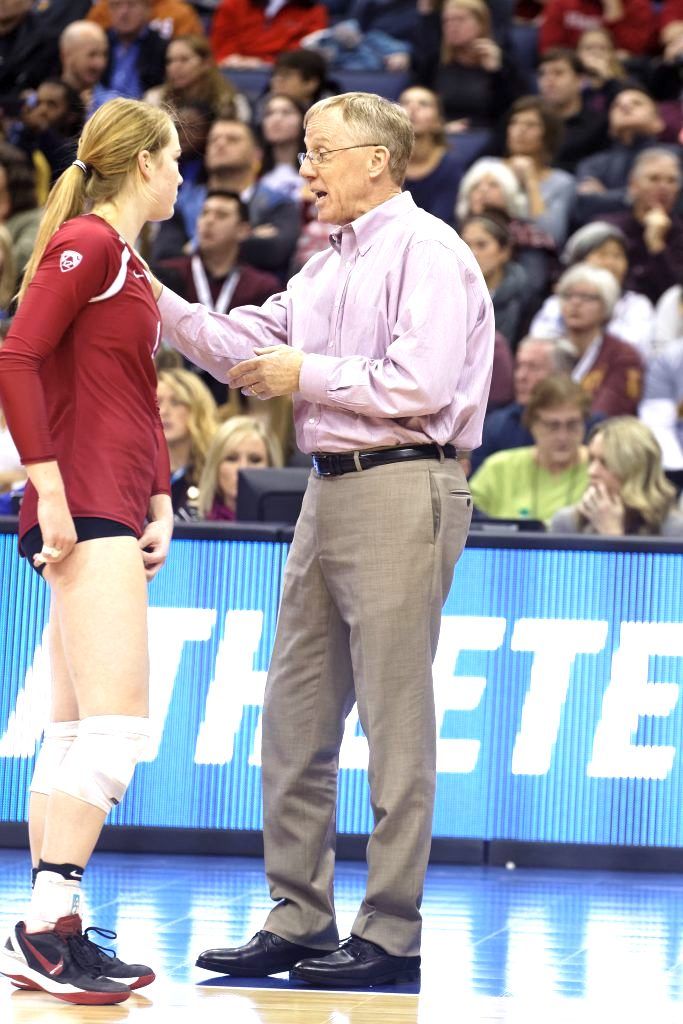
The other thing is. In terms of approach. Is having the program learn that if you want to win the big game, you have to learn about staying in character.
That if you're going to play a match at this part of the season and then play in what we call our final four. In this part of the season, no one's paying attention. This part of the season, everyone's paying attention. And the pressure grows. All of a sudden ESPN is all over you.
If you're not careful, you're out of character over here. Because there's too many distractions going on. And that's why bad performance happens at that point. Compared to over here.
Throughout the whole process, we have to teach them how to stay in character.
I was even so extreme about it that at the key points of the season I would have pick one of my coaches and they'd have to watch me. I was their job that week.
So that as the pressure grew, they were supposed to tell me if I was staying in character or not. And if I wasn't, they were supposed to tell me to change my attitude.
Which is kind of threatening for an assistant to do that to the head coach. But that was their job.
